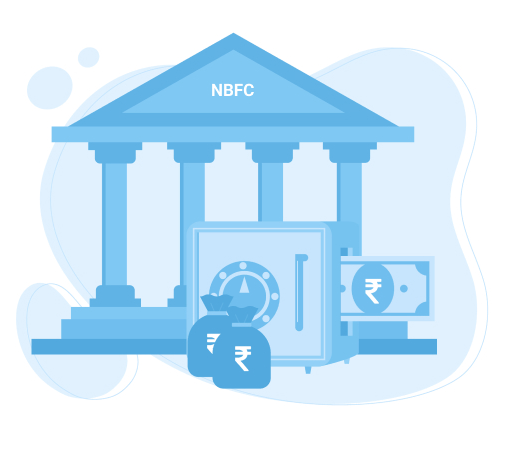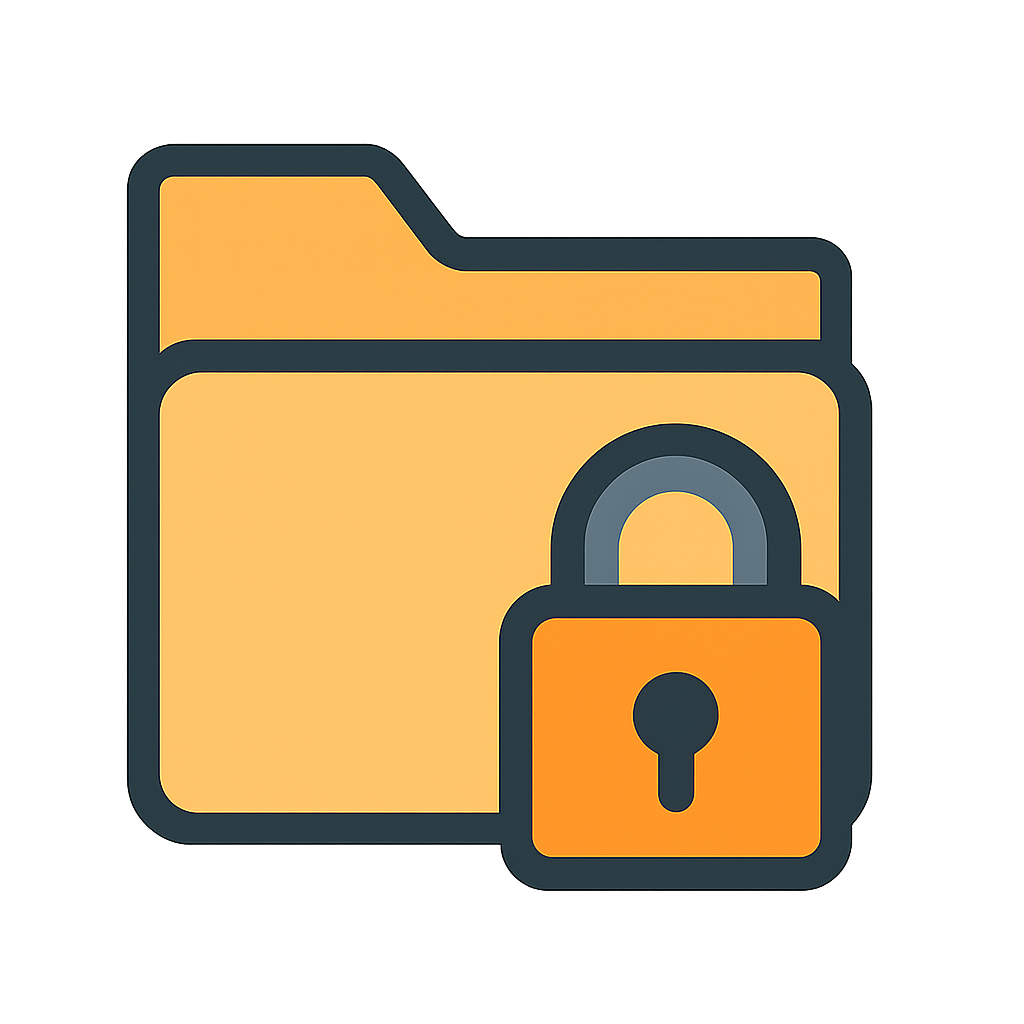Compliance & Security
You want to use the cloud to increase remote worker productivity or share sensitive data with your external partners and customers. You have thought about the cloud, but compliance regulations and security reviews are keeping you from using SharePoint, Box or ShareFile. Are compliance regulations or security requirements forcing you to store data on your file servers? How can you share files productively?








